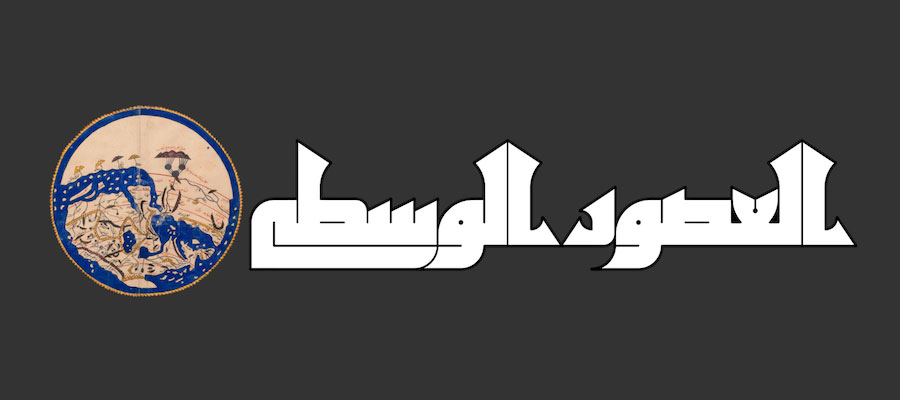Gender as a Category of Analysis for the Study of the Medieval Middle East, thematic issue of Al-ʿUṣūr al-Wusṭā: The Journal of Middle East Medievalists
Al-ʿUṣūr al-Wusṭā: The Journal of Middle East Medievalists is soliciting original research articles that use gender as an analytical lens through which to view any aspect of the medieval Middle East, expansively defined to include all geographies with prominent Muslim political, religious, or social presences between the rough parameters of 500 and 1500 CE. By insisting upon gender as a category of analysis, we harken back to Joan Scott’s landmark Gender and the Politics of History (1988), and, in that spirit, we want to be explicit that this is not a call for articles that simply include or even focus on women. Instead, we seek work that analyzes the way notions of masculinity and femininity – as well as related social constructs co-constituted with discourses of sex, sexuality, and/or embodiment – organized cultural, political, religious, spatial, or economic norms, practices, or relationships in historical context. We encourage approaches that denaturalize or problematize gendered categories, such as women, men, etc., by analyzing them intersectionally with race, ethnicity, religion, age, and socio-economic or legal status. Articles that seriously grapple with gender theoretically or conceptually as it pertains to the medieval Middle East are also welcome. We are open to research from any discipline or interdisciplinary formation, and we are committed to assembling a diverse roster of authors.
This thematic dossier will be published in the 2023 issue of Al-ʿUṣūr al-Wusṭā: The Journal of Middle East Medievalists, the only open-access, peer-reviewed journal dedicated to the medieval Middle East. To be considered, please submit a title and abstract of no more than 500 words by June 1, 2022. Complete articles will be due by January 6, 2023.
